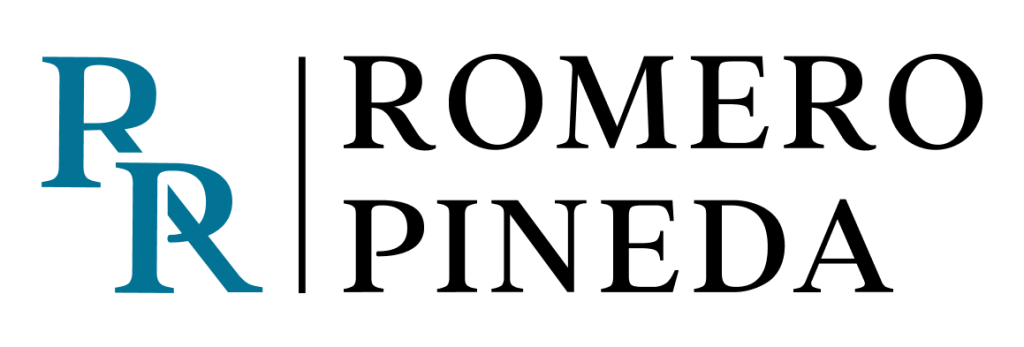IMPACT OF TECHNOLOGY IN THE WORLD OF WORK AND ITS LEGISLATION.
Technology understood as technical progress has affected the different forms of work activity, generating changes in the way of producing, in the way of carrying out tasks as well as in the way of organizing work.
The new digital era involves the conversion of analog information to digital formats, a process that has greatly impacted the issue of employment, specifically in the following aspects: impact on the way of working; impact on work organization; impact on human resources management and impact on company culture.
Regarding the way of working, new technologies have given rise to new forms and work situations, which, supported by processes and techniques such as telematics, digitalization and databases, allow the relocation of jobs. of work, the simplification of the content of the tasks of the positions, and the provision of the same by the worker without the need to leave their home, as an example we can mention: virtual meetings, automated processes, teleworking initiatives and changes in work spaces.
Regarding the organization of work, it is important to mention that as a result of the management power of employers and their power to design the operation of the company, in this digital age, jobs require new characteristics: the importance of human personnel; the ability to work from anywhere; necessary services that allow tasks to be carried out; the simplicity of the tasks; and the fit of digital technology with human nature.
The digitalization of companies has clearly impacted the ways of managing their human resources. Business digital transformation cannot occur without the involvement of the Human Resources area; The adaptation that this area must make in its own forms of management is inexorable. Logically, if the way the worker relates to the company, as a result of digitalization, becomes more flexible, then the forms of human resources management must adopt said flexibility. in their practices.
The cultural impacts that digitalization as a new technology generates on the company have to do with the conception of corporate culture that the company maintains. By company culture we understand the way a company is, its set of values, beliefs, experiences and customs that are spread among the people who make it up. The following traits have been identified as typical of digital culture: agility, creativity and curiosity, high internal collaboration, small teams with significant decision-making capacity and tolerance for errors, short product cycles, etc.
Now, a transcendental impact due to the digital era and all the changes it has generated is what occurs in labor regulation.
If digitalization is capable of generating new ways of working and impacts on the organization of work in companies, as well as new business models, capable of producing transformations in companies, it is undeniable that all this should also impact labor regulation. The changes produced as a consequence of digitalization should imply a change in the content of labor regulations and the functioning of labor relations. New ways of working expand the concept of subordinate work.
We find ourselves facing a new reality in which the distinctively traditional elements of a dependency relationship may not be verified; However, the person who works under a new business model is still a worker, so they should not be left out of the traditional protection guaranteed by our labor legislation.
Consequently, this situation necessarily leads us to an expansion of the traditional and natural limits of Labor Law, it being appropriate that labor relations be regulated in the broadest sense of their expression.
[1] GAUTHIER, Gustavo: “Shared Economy, Crodworking and Labor Law
We remind you that we can assist you in your opposition procedures both in El Salvador and in the rest of the Central American countries. If you want more information, do not hesitate to contact us at the following email falabi@romeropineda.com


Deja una respuesta
You must be logged in to post a comment.